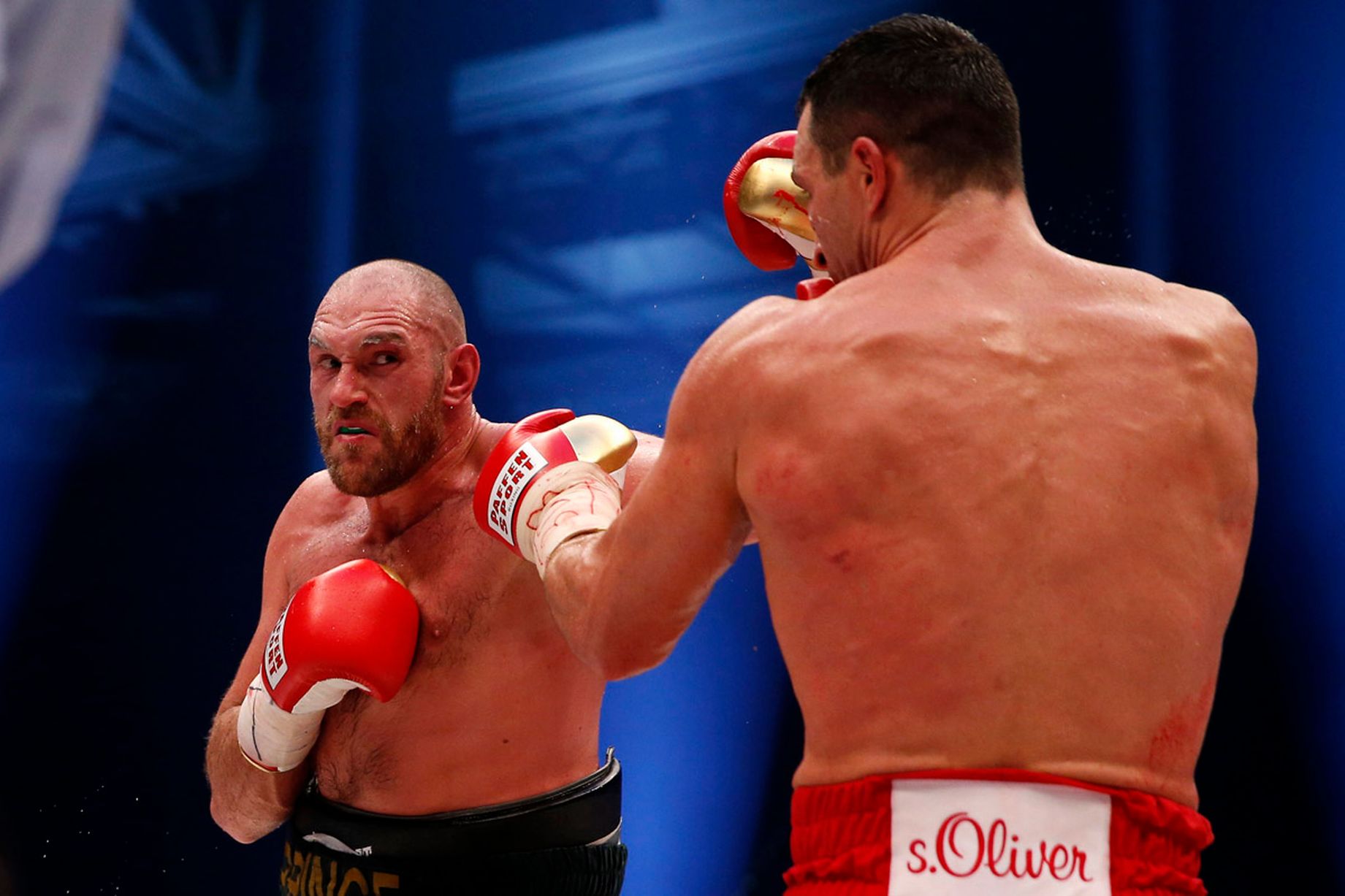The news of British boxings decision to temporarily suspend Tyson Fury’s license for a period of 12 months will not have surprised many. It follows his action the previous day to vacate both the WBO and WBA world heavyweight titles.
It represents a dramatic fall from grace for a man who shocked the world just 10 months previously through his convincing, yet highly unexpected, defeat of Vladimir Klitschko. It has been a period defined by turbulence for Fury; failed drug tests, accusations of sexism and homophobia, successive withdrawals from a rematch with Klitschko, and now the inevitable suspension.
His pedigree as a fighter is undoubted, 25 victories from 25 fights says it all, and his defeat of Klitschko should be regarded as one of the finest achievements by a British boxer. Yet Fury has always been a controversial figure. In 2013, before his fight with American Steve Cunningham, he admitted to an interviewer that he would hang his sister if he discovered that she was promiscuous, whilst before his duel with Klitschko he argued for the legal use of performance enhancing drugs in sport.
The sense of controversy surrounding Tyson Fury as a sporting figure was perhaps best exemplified by the contention surrounding his nomination for SPOTY in 2015. His comments that the ‘woman’s best place is in the kitchen and on her back – that’s my personal belief’ are deplorable in this modern day society and whilst he did apologise at the awards ceremony it is no surprise that there were significant calls for his nomination to be removed. Ultimately Fury finished 4th in the public vote which perhaps demonstrates that in the public eye sporting achievement significantly outweighs the quality of ones character.
Before denouncing Fury one must take into account his evident mental health issues. It is very easy for us to criticise Fury from our position of moral superiority yet we will never be able to understand the full extent of the difficulties that he faces. In an emotional interview with Rolling Stone Fury revealed how he had done ‘lots of cocaine’ as a means to combat suicidal thoughts. It is in many ways tragic that a man blessed with such talent has dropped to this level. Fury, of course, must take some responsibility but there is an underlying sense that it is the sport of boxing that should be more held more culpable. Oscar de la Hoya, Ricky Hatton and Frank Bruno represent just a few of the boxers who, despite extraordinary success in the sport, have found it very difficult to conduct their lives out of the ring. Boxing trails well behind football, Rugby and cricket who all have established organisations to help professionals cope with life out of the sport. There is also a sense in which it is in boxing that such help is most needed.
Tyson Fury’s uncle and personal trainer Peter Fury hopes the suspension will act as a ‘blessing in disguise’ providing time for Fury to address his personal issues in order that he can regain focus upon what he does best. There will likely be some who will not welcome Fury’s return to the sport yet this view ignores the larger issues at stake. Fury has already raised significant awareness surrounding mental health and if he were to make a successful return the benefit to boxing as a whole would be unquestionable.
Thomas Lambton
Photo Credit: Mirror Sport

